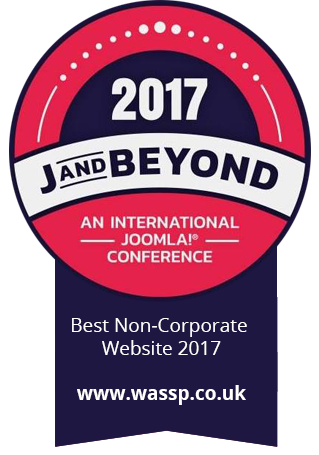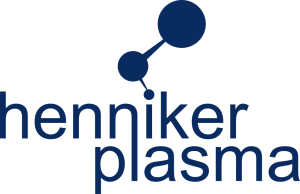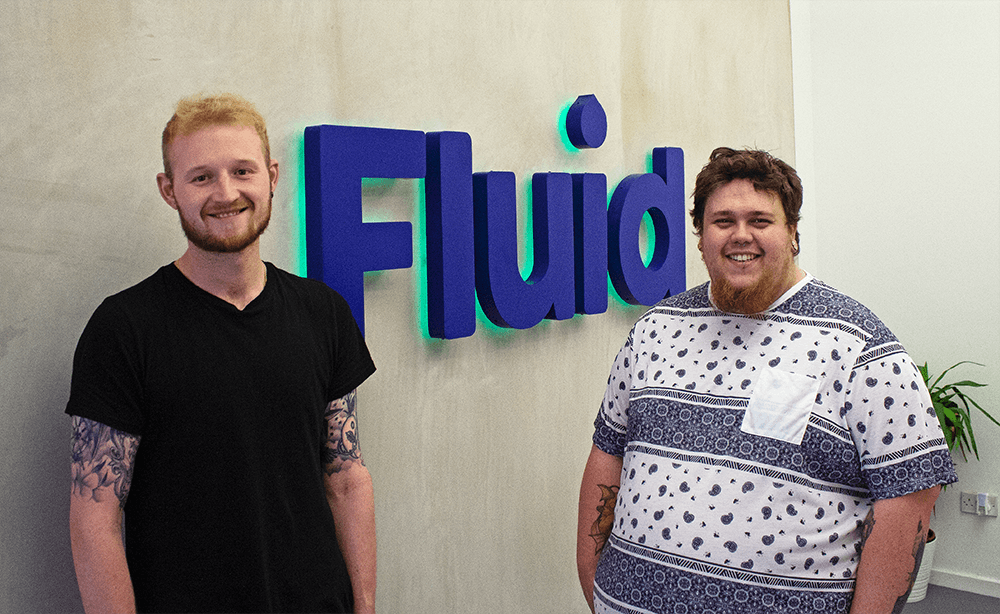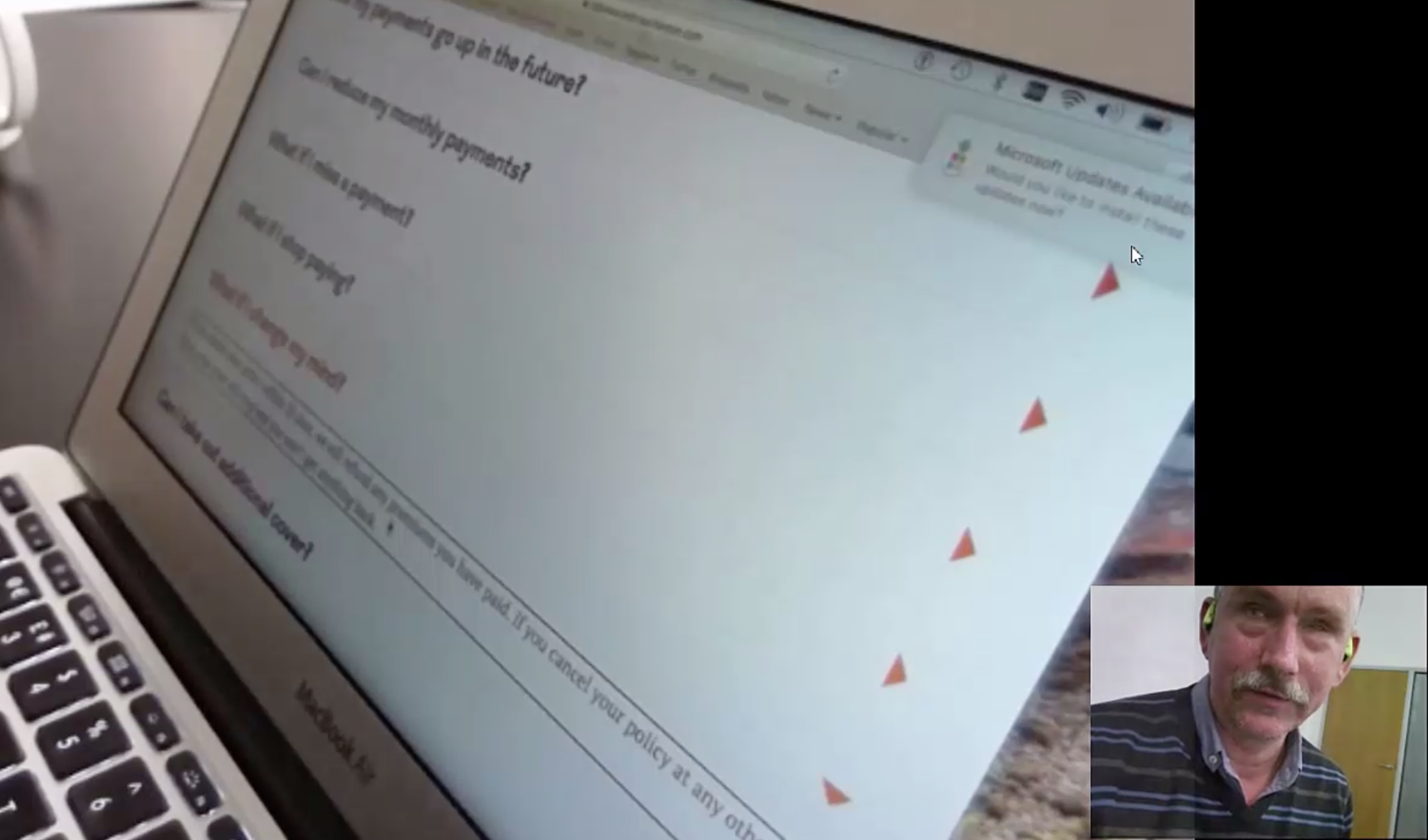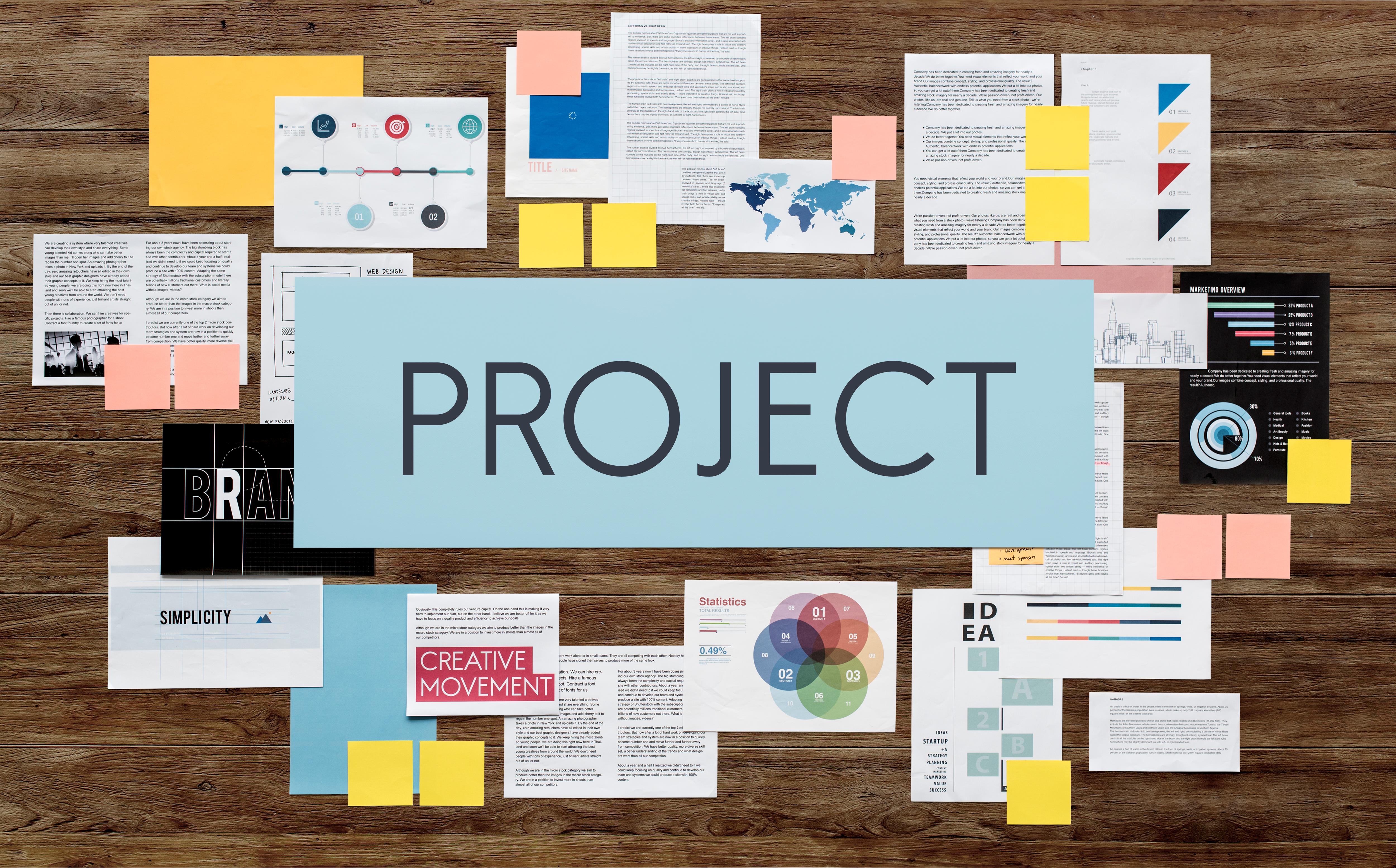
Being a project manager can be stressful (can I get a ‘hear hear’?) and it can be hard to switch off after work due to responsibilities that are key to business success. You’re also likely responsible for the day-to-day jobs of multiple people, and the key point of contact for several clients – your own wellbeing can quickly sink to the bottom of the priority list, but it shouldn’t, and this article is here to tell you why, with key tips on how to unleash your hidden power as a project manager – wellbeing!
Give Your All at Work
Effective project management requires being on top of your game during working hours. While it may seem productive to reassess budgets late at night, maintaining a healthy work-life balance is crucial to truly be there for your clients and team when they need you most.
Prioritising your wellbeing positively influences cognitive functions, leading to clearer decision-making, enhanced problem-solving skills, and increased creativity – all key traits of a successful assistant project manager and junior project manager as you progress. Furthermore, you’ll find your concentration, productivity, and performance increase.
Slow down to be able to give 100% between your contracted hours, rather than 50-90% (or less!) all of the time.
Stress Leads to Sick Days
According to Spill, around 17 million working days are lost every year globally because of ill-health caused by work stress, depression or anxiety.
Stress is a common companion for project managers working under high-pressure conditions. Prioritising wellbeing helps prevent illness due to stress, and burnout. Burnout can lead to decreased effectiveness, increased errors, and strained professional relationships.
It’s highly likely you’re working overtime and neglecting your wellbeing because you are trying to give your all and prove yourself. However, you can’t do this if you are not able to show up for your team and clients because you are off sick. Furthermore, with reduced performance during the working day, your career is more likely to suffer in the long-term.
Remember: your body is always going to be with you. Prioritise looking after it.
Job Satisfaction and Reduced Turnover
When you feel fulfilled and balanced, you are more likely to approach your role with enthusiasm and dedication, positively impacting both personal and professional aspects of your life. You might even find yourself looking forward to logging on in the morning, and able to brush off the client who normally tips you over the edge!
If you’re an employer reading this – think about how you can improve the wellbeing of your PMs to reduce stress and improve job satisfaction and productivity! Project manager turnover is costly, time-consuming and a real morale-sinker for your team and clients.
Risk Management
A key responsibility of a project manager is to identify and manage risks effectively. Sound mental and physical health will enhance your ability to do this and do this well. A stressed or overwhelmed project manager may overlook critical details, increasing the likelihood of project setbacks, leading to a vicious cycle.
Team Motivation
As the heartbeat of any project, you play a pivotal role in steering the ship. You’re the force that extinguishes fires, injects enthusiasm on a Friday to meet deadlines, sparks creativity during daily stand ups, and crafts inspiring creative briefs. Your mood sets the tone, and if stress and irritability take hold, it’s only a matter of hours before your team are likely to feel the same, impacting their deadlines and creativity too!
Quality Checking
In the realm of project management, you assume the role of the ultimate arbiter, ensuring that deliverables meet the client’s standards. Whether it’s scrutinising design, polishing copy to perfection, or evaluating usability, the final stamp of approval rests with you. The risk of errors significantly escalates when fatigue, stress, and an overwhelming workload come into play. Think back to the last major misstep – was it amidst the chaos of juggling countless tasks and crossing your fingers for the best outcome? Chances are, it was.
But How Can You Take Control?
You might be reading this thinking – yeah Paige, you’re right – but how on earth am I meant to do anything about this? Remembering that your wellbeing is important not only to improve your work as a project manager but to the rest of your life too, is the first step. I’ve then outlined some other tips below.
Schedule Time For You
My favourite tip? Book something every night so you have no choice but to finish up, log off and leave the house/office. This is a great way to not only set a fixed deadline on your day, but forces you to think about something else and change perspective. You’ll find that that ‘important’ thing you thought you might come back and do at 8pm when you are home no longer feels like a priority. Surprisingly too, you will often find that when you do this, solutions to big problems or issues suddenly spring to mind.
It’s amazing what your mind can do when you just give it some space.
Also make sure to schedule time to do nothing! Had a really busy week then a jam-packed weekend? No thanks! Keep a day every other weekend free to do as you choose – whether that be a big walk, or simply watching TV all day.
Exercise
Related to the point above – move your body! According to the APA, 33 percent of high-stress adults said they feel less stressed after exercising.
As a project manager, you likely spend most of your time at a desk. This is not what our bodies were made to do! Schedule time in the mornings or evenings for exercise 3-5 times
a week, have some stretches on your desk that you do every hour or so, go for a walk every lunch.
Eat Well
Think about what you are putting in your body, and meal prep for the week so lunch doesn’t become something you have to grab on the go. Eat things that give you the energy you need to get through the day. A firm favourite of mine: overnight oats topped with fruit, chia seeds, peanut butter, honey… (prepared the night before too!)
Say No
Understand your limitations and be willing to decline additional tasks or projects when necessary. Saying no is not a sign of weakness but a recognition of your ability to prioritise and your time management skills. How can you say no? Try: ‘if I take this on it will mean I can’t dedicate the time I need to this pillar project you have given me – is that ok’? ‘Sure I can do that but I am going to need to pass X,Y,Z onto someone else – is that ok?’ Also don’t be afraid to raise that you think it’s time to grow your team, most managers will appreciate this insight into the capacity of your department.
Delegate Responsibility
This is my absolute favourite tip. Because it has so many more benefits to just wellbeing – it contributes to overall project success. Find ways you can ensure the project success is not pinned on you. How? Documentation and processes.
If you can document a project, and follow a project process, you can then educate the delivery team on this process. Make budgets and time allocations transparent so they are
clear on what time they have to use and when to notify you about a budget concern. Quite often as project managers you can treat your delivery team too much like children or robots – but they are grown adults who are exceptionally skilled. Involving them in the project process is also likely to encourage them to speak up about suggestions and improvements!
Key documents to create and share:
●Project Specification Document (holds all key project info, a hub of knowledge with
links to all other documents)
●Briefing documents
●Project tracker (for budgets)
●Checklists (for everything – how can you ensure quality and shared responsibility
through checklists with assigned people to complete certain parts?)
●Standards documents (set project and behavioural standards out in a document,
and more importantly have the team create these documents with you – e.g. if you
can set a standard that project timelogs need to be completed at the end of each
day to aid with project budgeting and your team agrees to this – and they then
don’t follow through, they are letting you down)
Learn Time Management Frameworks
Finally, invest in some time management training. I undertook Getting Things Done (GTD) training a few years ago and this has been life changing for me. I am able to get everything out of my head, and use my brain space for actual thinking and creativity. I can prioritise in lists and be confident that nothing will get forgotten or lost. Use your inbox to your advantage and use tools such as Trello or Microsoft To Do to support you.
Reach out to me if you’d like any more help implementing documents to help delegate responsibility or you’d like to learn more about GTD!
The hidden power of a project manager lies in prioritising and nurturing your wellbeing. The demands of the role are undeniable, but neglecting self-care can have detrimental effects on both personal health and professional success. By giving your all during working hours and maintaining a healthy work-life balance, you enhance several aspects of your role and life. If you are looking to progress as an assistant project manager or a junior project manager, now is a great time to get started with these all important skills.
